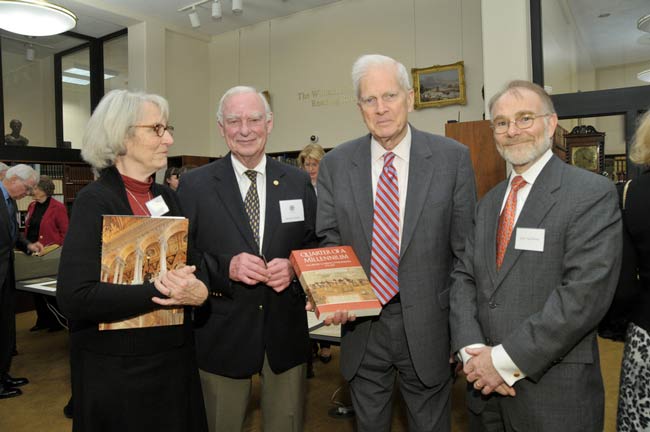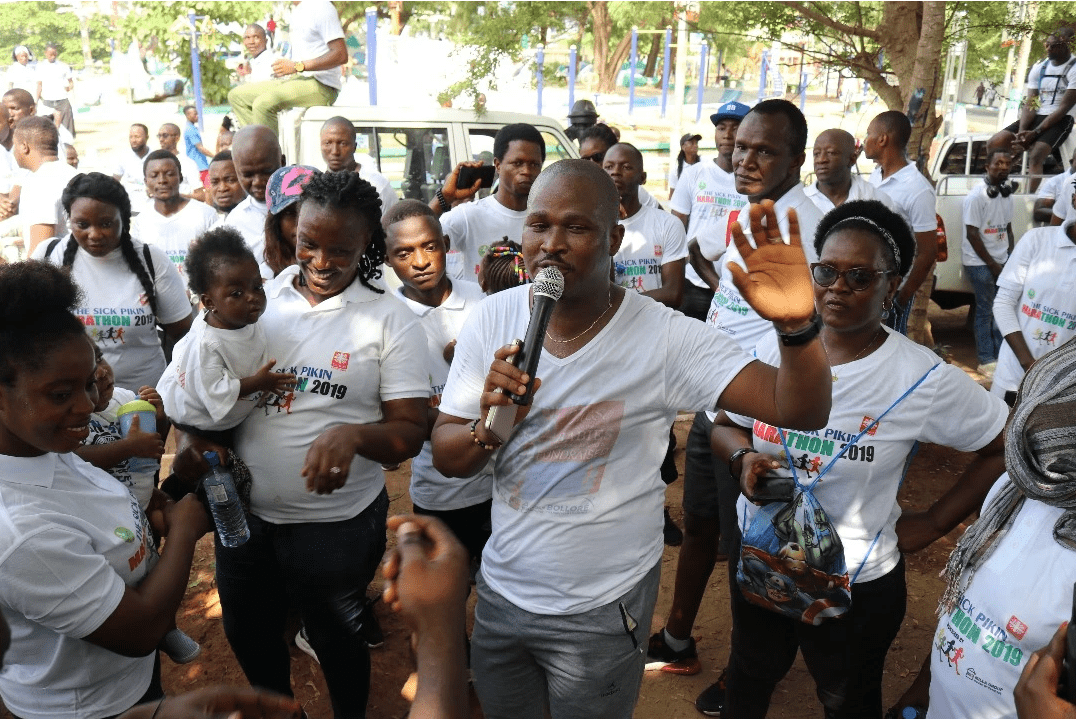
August 5, 2018; New York Times
H.F. “Gerry” Lenfest, who has been a player in media since 1965, died yesterday, but only after giving away most of the wealth he had built over the years and leaving a loving legacy to journalism, which he saw as vital to democracy. Lenfest and his wife made $12 billion when they sold Suburban Cable in 2000; of that, they managed to donate $1.1 billion while continuing to live in the same house they bought for $35,000 before becoming wealthy.
Lenfest believed in giving his money away during his lifetime, once telling the Philadelphia Inquirer that he feared establishing a foundation because he saw them too often doing more to perpetuate themselves than to help others. Much of what he gave went to relatively familiar institutions in traditional forms of giving, but his last major act of philanthropy was to establish an institute dedicated to new journalism—and he did so in a manner and with a structure none would find familiar.
The Lenfest Institute is meant to preserve independent, public-interest journalism in Philadelphia, free from the demands of profit-seeking stakeholders. It included a $20 million endowment that has been, over time, supplemented by other donors and investors. Lenfest’s interest was to experiment actively in creating business models that fit both the times and the mission of producing great journalism, and he established a “living lab” structure to test innovations. This living lab, of course, will inform not only Philly-based journalism but the future of nonprofit journalism more generally.
Sign up for our free newsletters
Subscribe to NPQ's newsletters to have our top stories delivered directly to your inbox.
By signing up, you agree to our privacy policy and terms of use, and to receive messages from NPQ and our partners.
How did this come together?
In 2012, Lenfest joined a group of investors in buying the Philadelphia Media Network, which published the Philadelphia Inquirer, the Philadelphia Daily News, and Philly.com. Two years later, he and Lewis Katz bought the group for $88 million; just days later, Katz died in a plane crash. Two years after that, Lenfest declared that he had donated the publications to the Institute for Journalism in New Media, a nonprofit, with the intention not only of creating sustainability for these three outlets but also promoting independent journalism, in part through helping them develop new models of practice. (There is some precedent here in the gifting of the Tampa Bay Times to the Poynter Institute.)
“My goal is to ensure that the journalism traditionally provided by the printed newspapers is given a new life and prolonged, while new media formats for its distribution are being developed,” Lenfest said. “Of all of the ventures I have been involved with in my life, nothing is more important than preserving the journalism that has been delivered by these storied news organizations.”
David Boardman, dean of the Klein College of Media and Communication at Temple University in Philadelphia, who took over as chairman of the renamed Lenfest Institute after Lenfest stepped down in 2017, says, “He saw and understood the unique challenges for local newspapers, particularly in these metropolitan markets. Truly, his clear and singular motivation was that he understood that journalism, public service journalism, is essential to democracy.”—Ruth McCambridge












